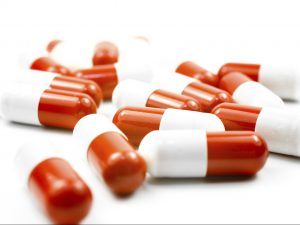Drugs that mimic the benefits of exercise could soon become a reality thanks to breakthrough research from the University of Sydney.

Research by the University of Sydney’s Charles Perkins Centre, in collaboration with researchers from the University of Copenhagen in Denmark, identified 1000 molecular changes that occur in our muscles when we exercise and provided scientists with the world’s first blueprint for exercise.
“Exercise is the most powerful therapy for many human diseases, including type 2 diabetes, cardiovascular disease and neurological disorders,” says Professor David James, Leonard P. Ullmann Chair of Metabolic Systems at the Charles Perkins Centre and head of this research group.
Published in Cell Metabolism, this research is big news for people who are unable to exercise. “For many people, exercise isn’t a viable treatment option,” says Professor James. “This means it is essential we find ways of developing drugs that mimic the benefits of exercise.”
Researchers analysed human skeletal muscle biopsies from four untrained, healthy males following ten minutes of high intensity exercise. Using a technique known as mass spectrometry to study a process called protein phosphorylation, co-author Dr Benjamin Parker discovered that short, intensive exercise triggers more than 1000 molecular changes. Many more than existing research, which focused on just a small number of changes, has previously discovered.

Most traditional drugs target individual molecules. With this exercise blueprint, researchers have proven that: “any drug that mimics exercise will need to target multiple molecules and possibly even pathways,” says Professor James. “We believe this is the key to unlocking the riddle of drug treatments to mimic exercise.”
This important research data will help scientists design a drug that mimics the health benefits created by exercise. Big news for those who cannot exercise.
“Exercise produces an extremely complex, cascading set of responses within human muscle,” said co-author Dr Nolan Hoffman from the Charles Perkins Centre and Faculty of Science. “It plays an essential role in controlling energy metabolism and insulin sensitivity. While scientists have long suspected that exercise causes a complicated series of changes to human muscle, this is the first time we have been able to map exactly what happens.”
Have your say: What do you think about exercise in a pill? If you could, would you?

